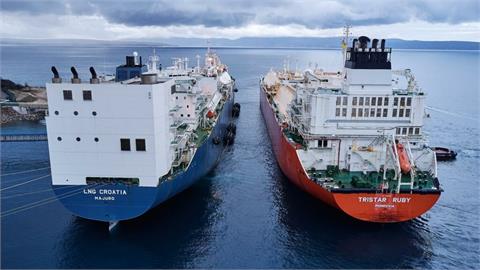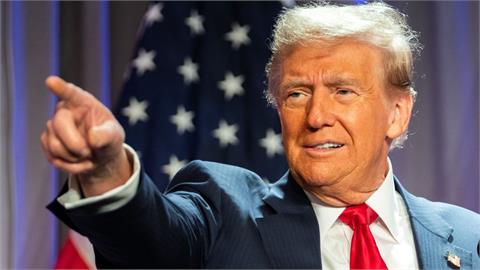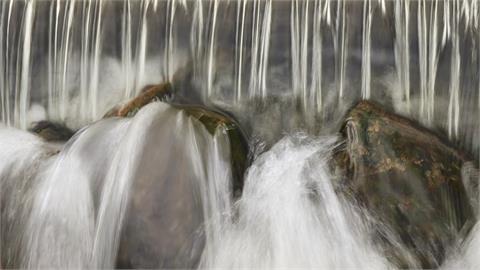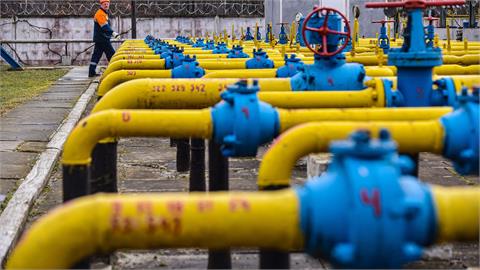Decision comes amid electricity shortage and as country faces increasing difficulty in meeting net zero carbon pledges.
Japan has approved a plan to revive the use of nuclear energy, redrafting an energy policy that has been paralysed since the 2011 Fukushima crisis to address a serious electricity shortage.
The U-turn in nuclear policy, first signalled by Prime Minister Fumio Kishida in August, follows softening public opposition to restarting reactors after repeated blackout scares in Tokyo this year along with rising electricity bills.
Under a new policy outlined by an advisory panel for the government on Thursday, the country would “maximise the use of existing nuclear reactors” by accelerating restarts in a reversal of a post-Fukushima plan to phase out the use of nuclear power plants. It would also extend the lifespan of nuclear reactors beyond 60 years and develop advanced reactors to replace those that are decommissioned. Japan sourced about a third of its energy from 54 nuclear reactors before the Fukushima disaster. Now, only nine are operational, forcing the country to burn additional coal, natural gas and fuel oil despite pledges to achieve net zero carbon emissions by 2050.
“There is a risk of an energy crisis for the first time since the 1973 oil crisis in the face of a severely tense situation,” said the 10-year road map released by the panel, citing the global rise in energy prices following Russia’s invasion of Ukraine. “We recognised once again the fragility of our country’s energy supplies, which poses a challenge to our energy security,” it added. Japan’s effort to accelerate nuclear restarts is also driven by the need to reduce carbon emissions as it struggles to meaningfully increase the use of renewable energy. The road map states that renewable energy and nuclear power “will contribute to security” and help the country achieve both the goal of net zero emissions and a stable supply of electricity.
The government plans to invest more than ¥150tn ($1.1tn) together with the private sector in the coming decade to achieve its target. Of that amount, it will raise ¥20tn by issuing a new type of bond to attract private investment. Carbon pricing, which requires a monetary contribution for greenhouse emissions, will be used to finance the redemption of such bonds.
But experts say a series of hurdles remain in reviving nuclear power. Utility companies have few incentives to build next-generation nuclear reactors, which will cost about ¥1tn each. “Extending the operation of the existing reactors could in turn hold back the construction of advanced reactors,” said Takeo Kikkawa, a professor at the International University of Japan and a member of the government’s energy council. “To achieve carbon neutrality for 2050, now is the last chance to get the stalled nuclear policy finally moving,” he added.
(Financial Times, December 22, 2022)



